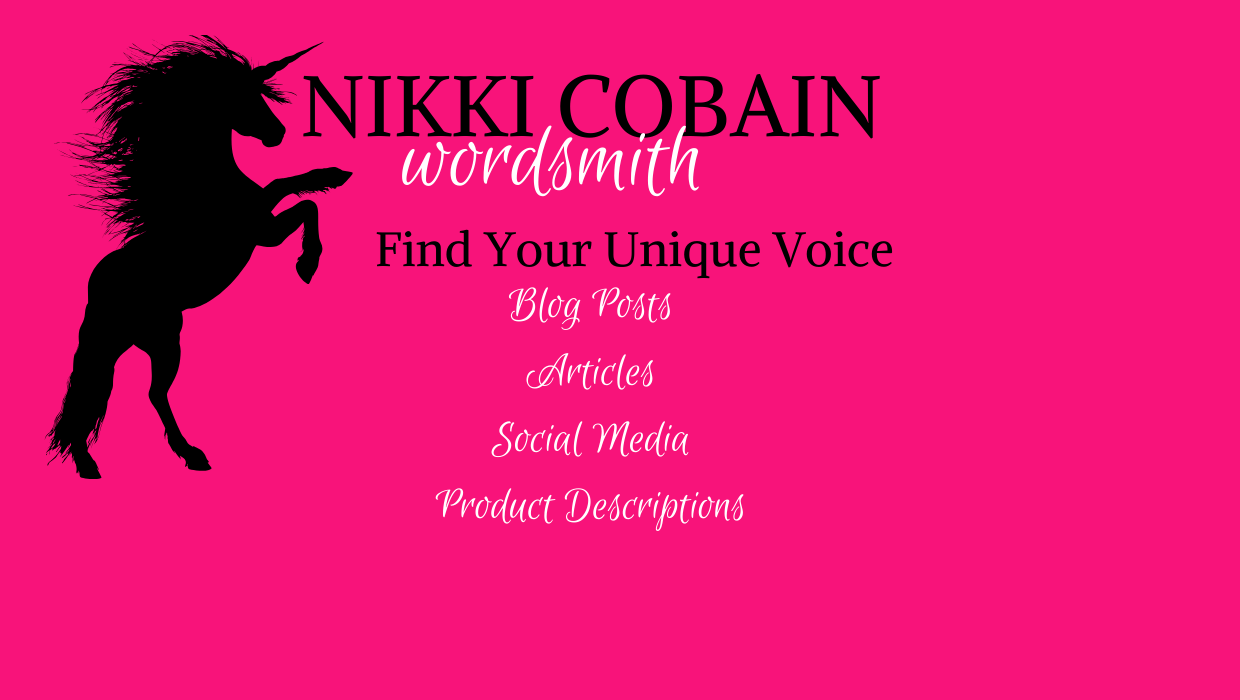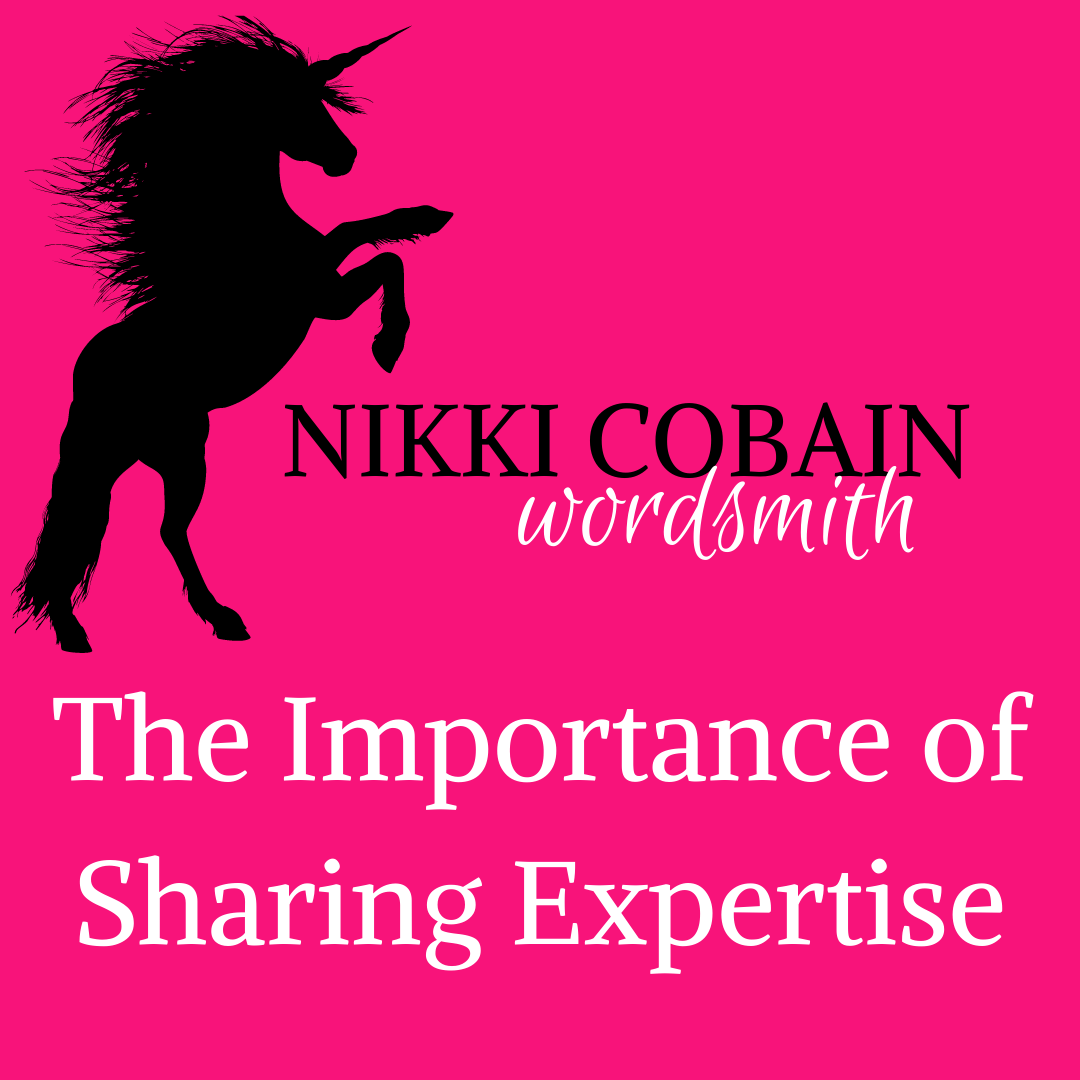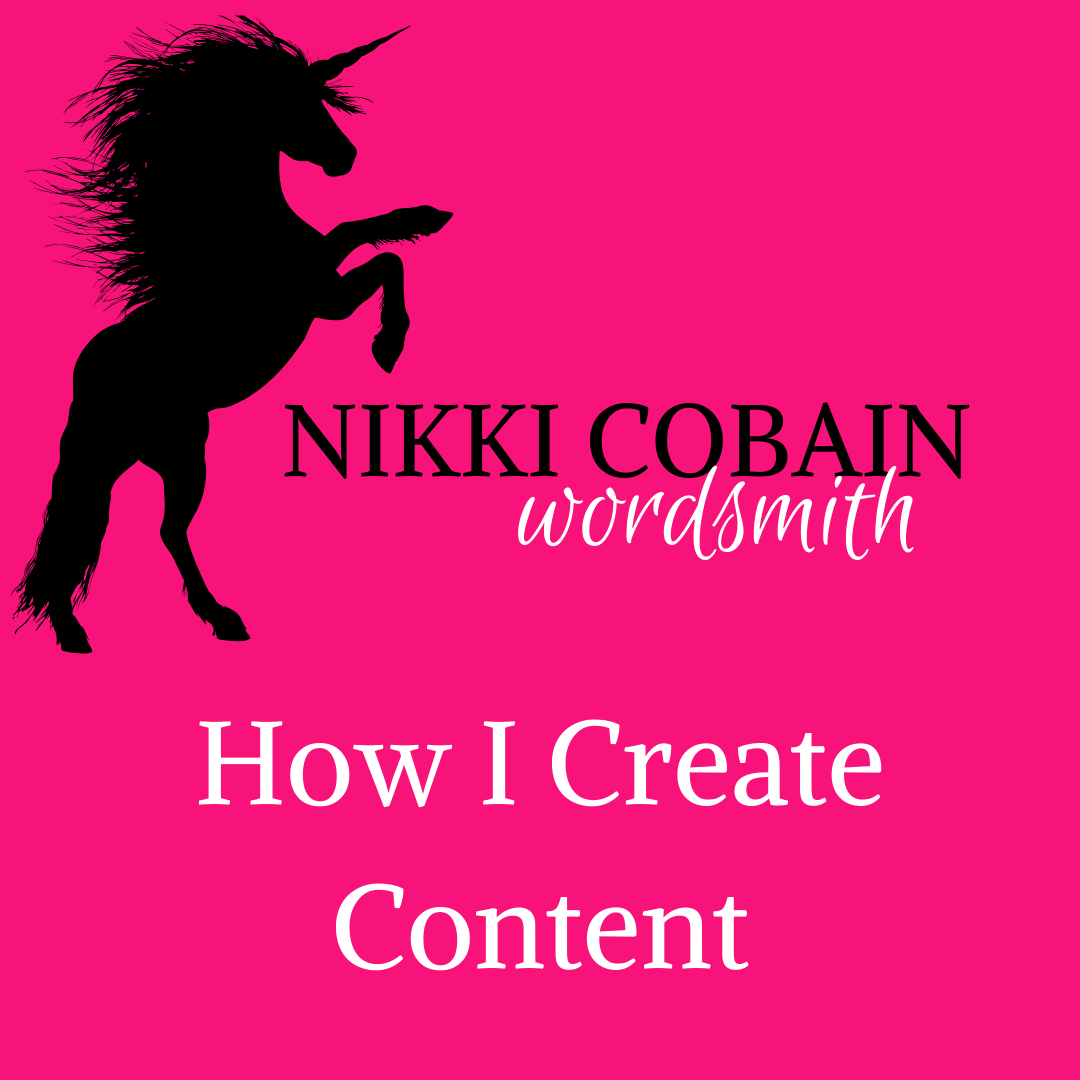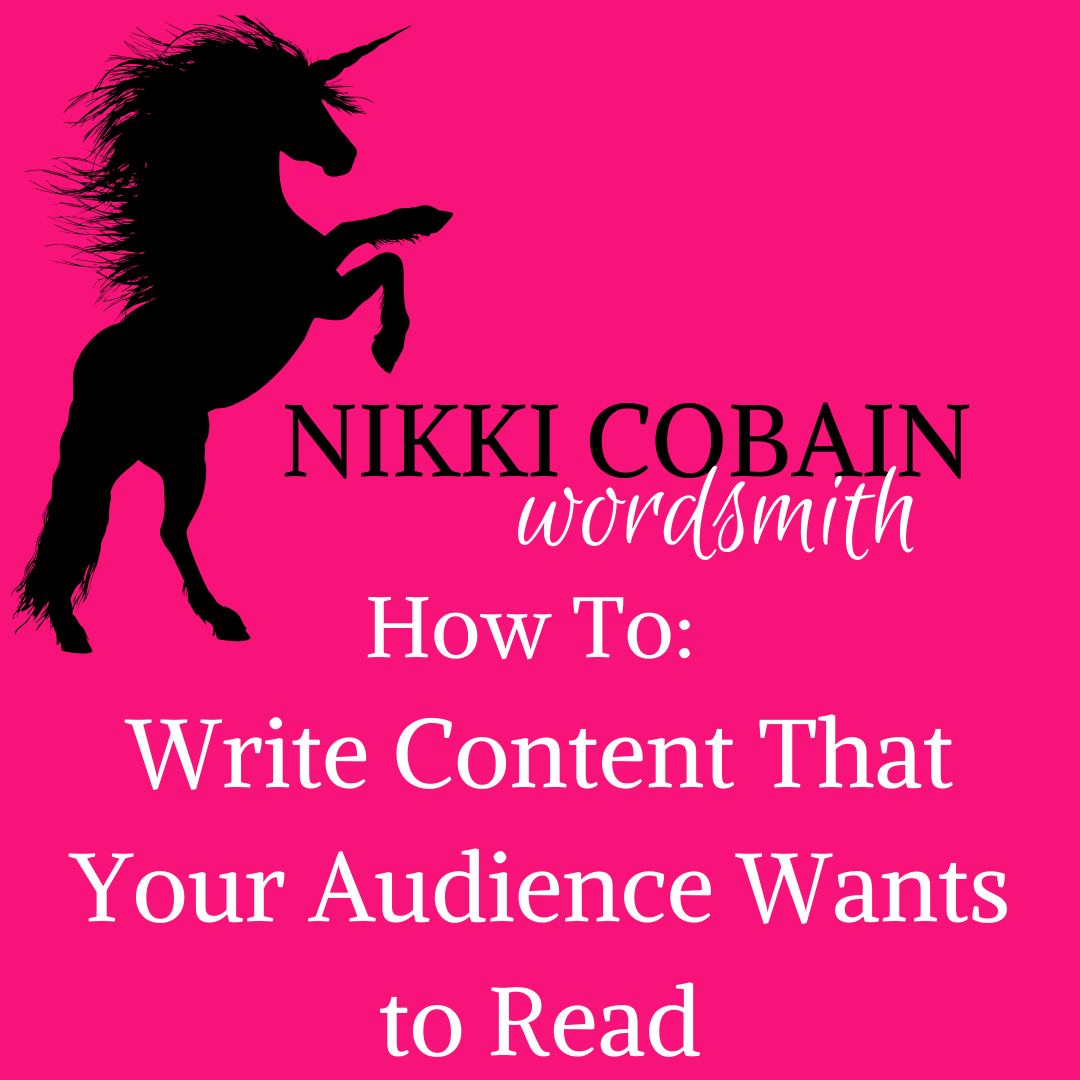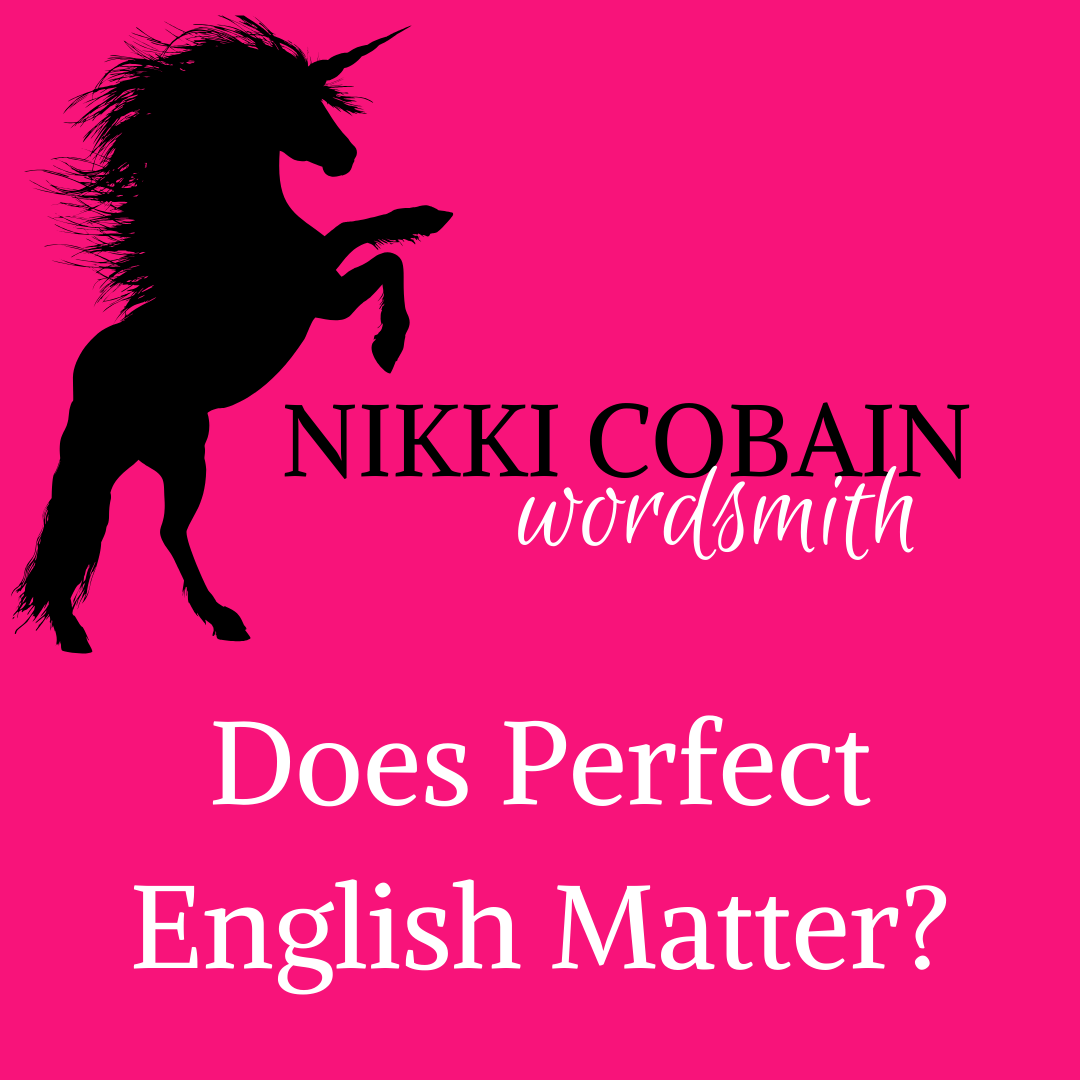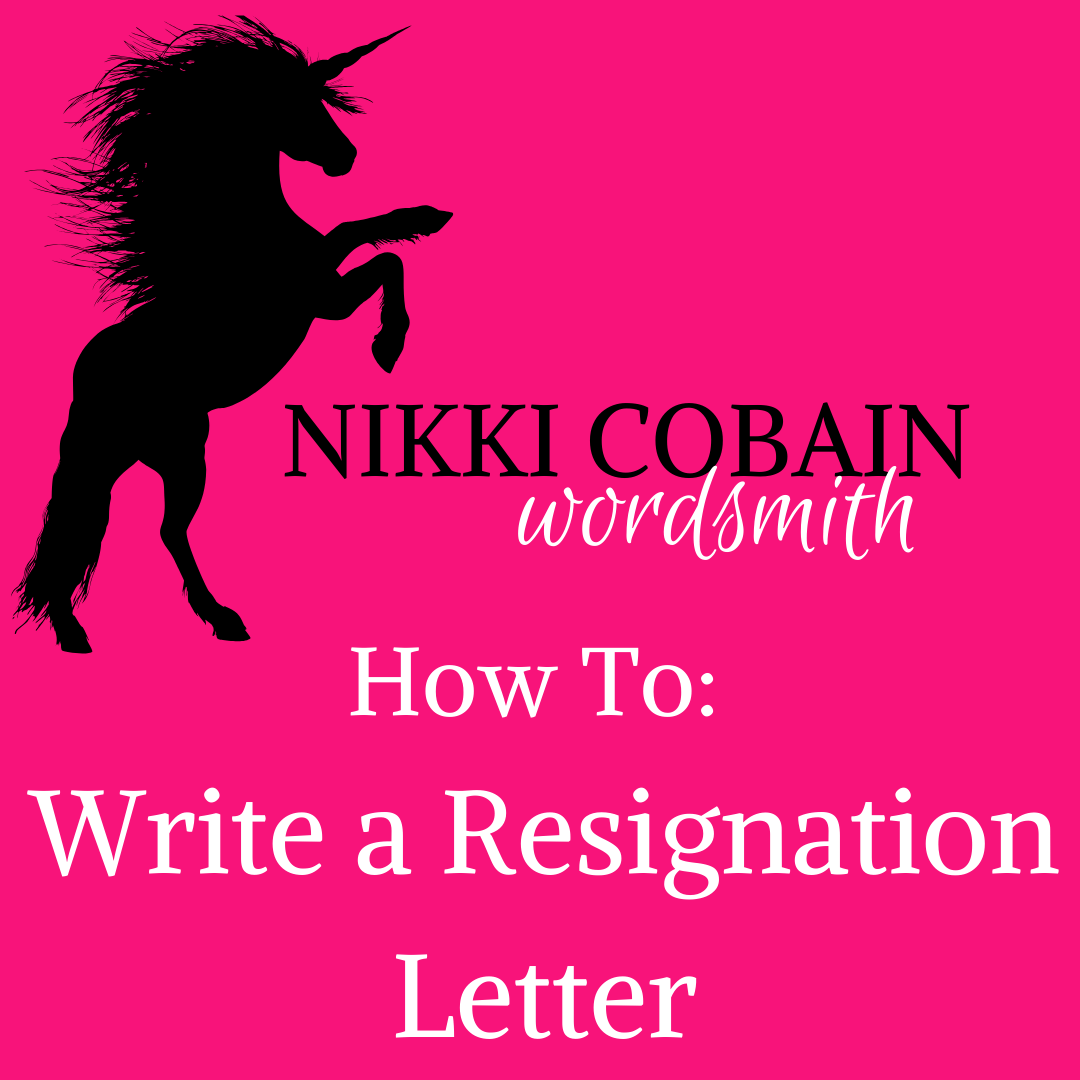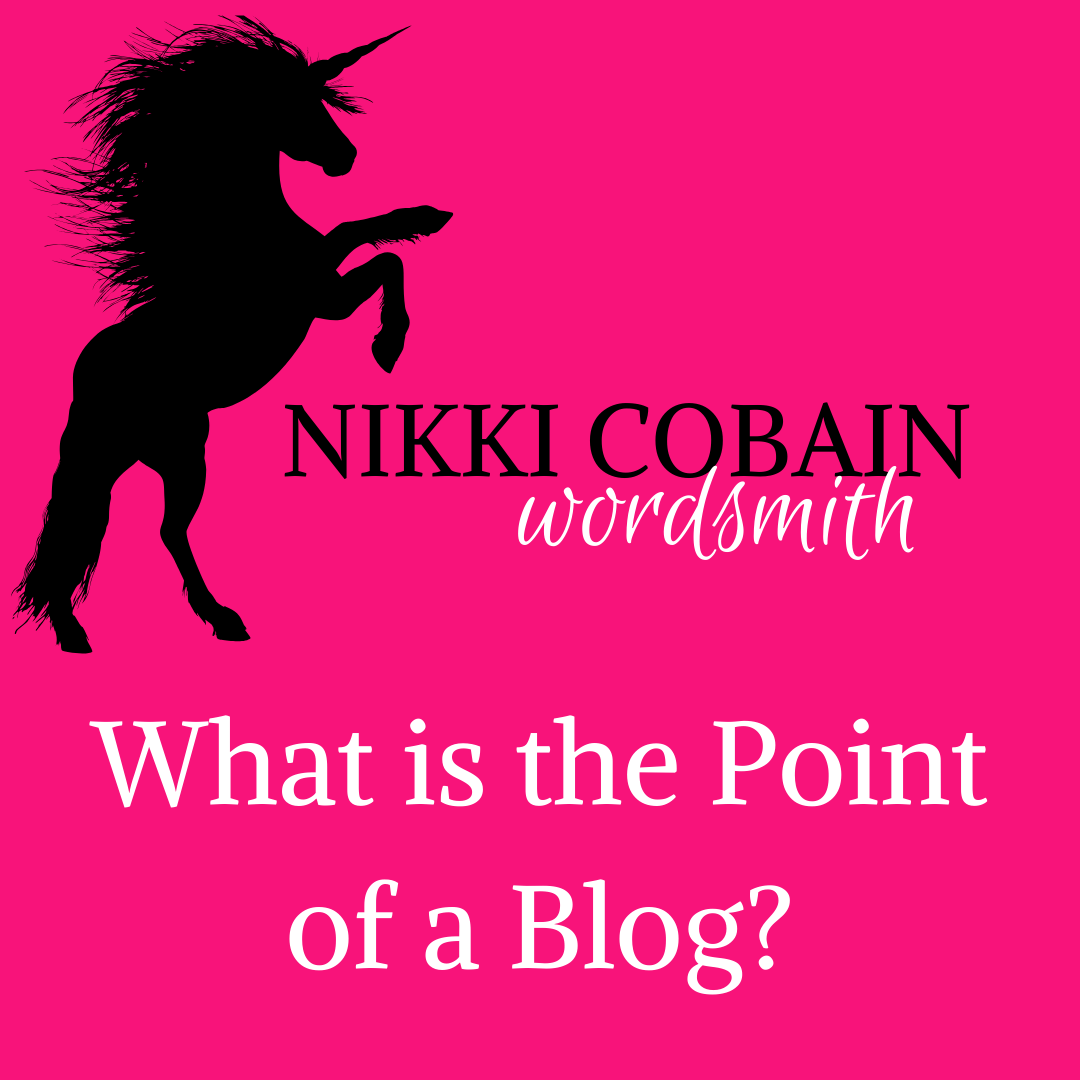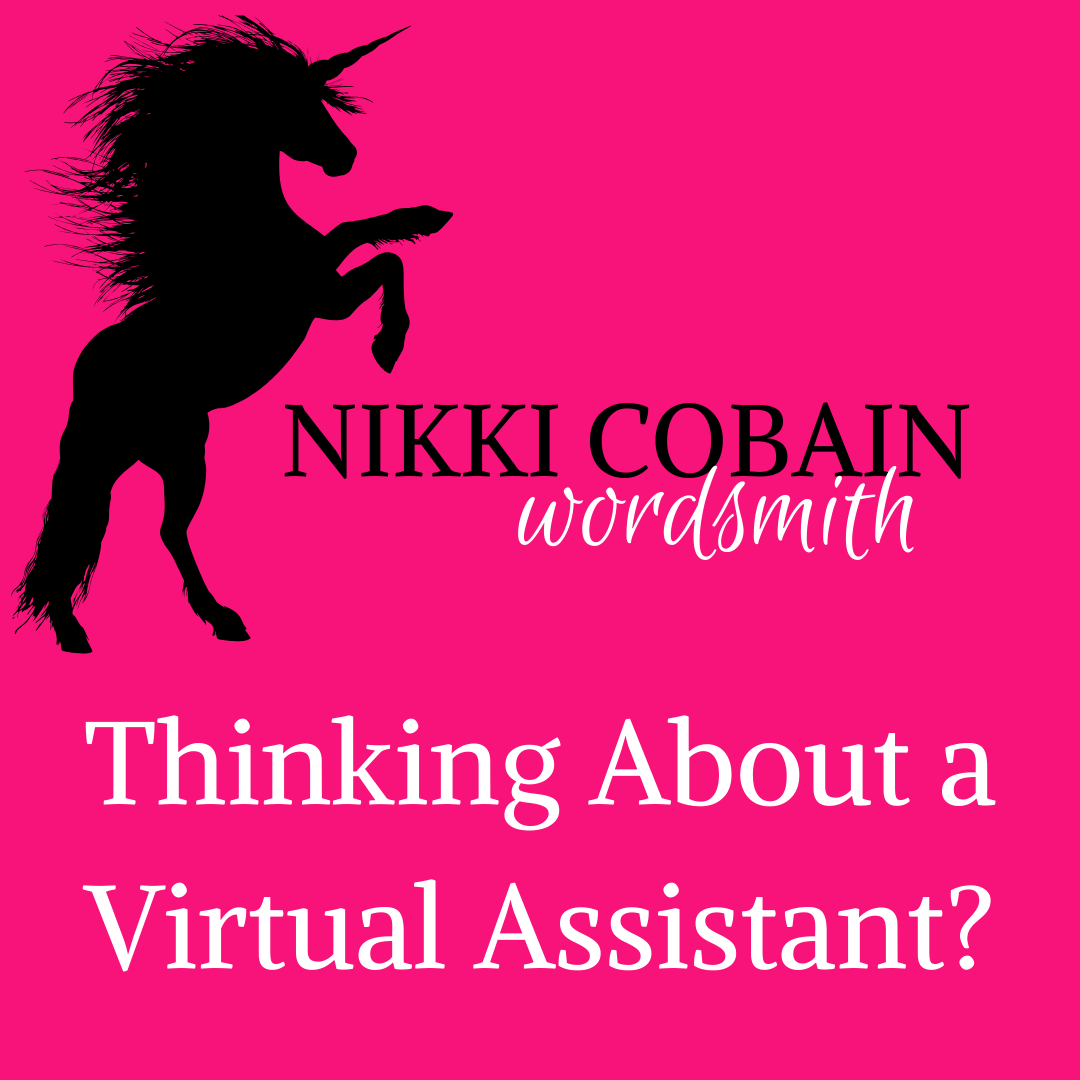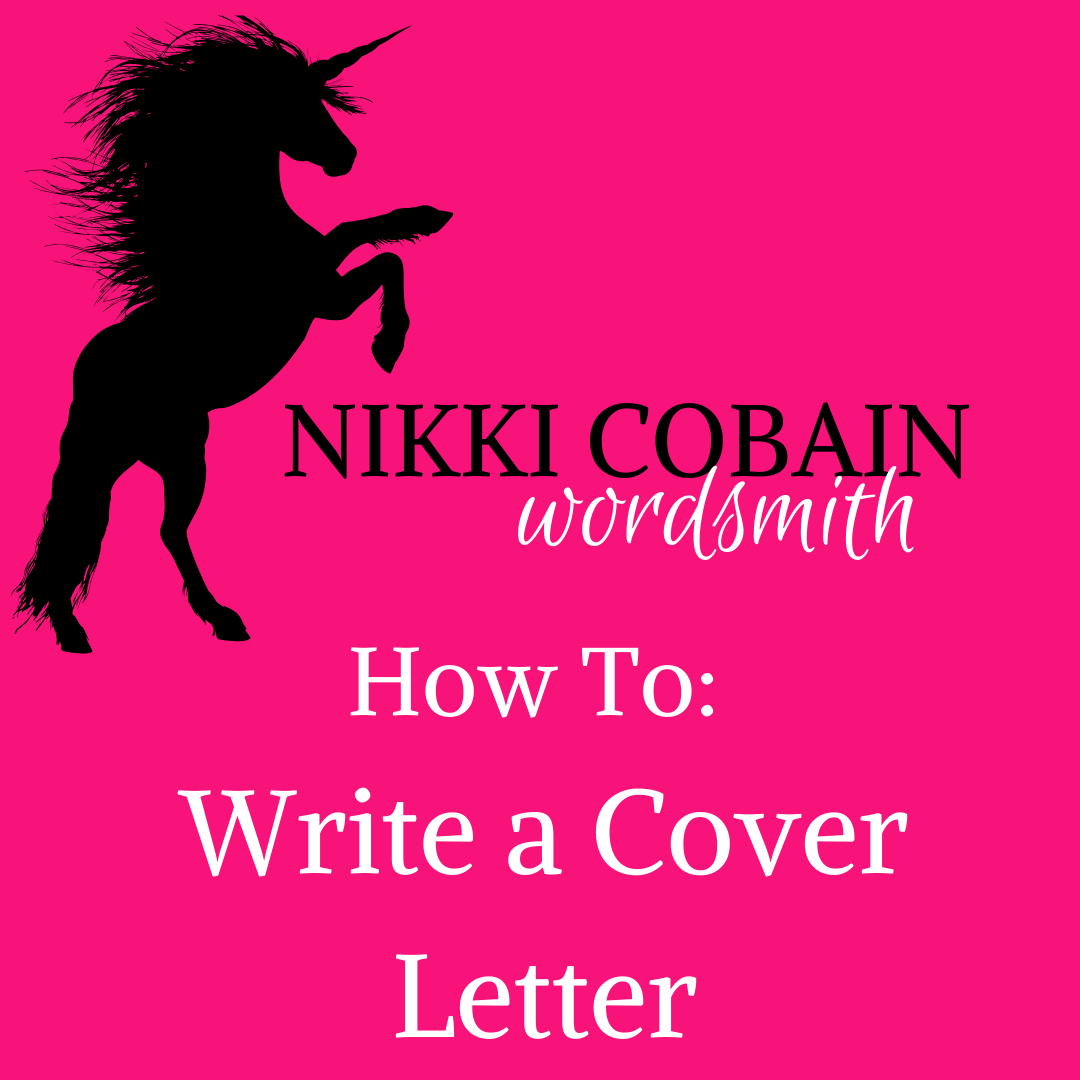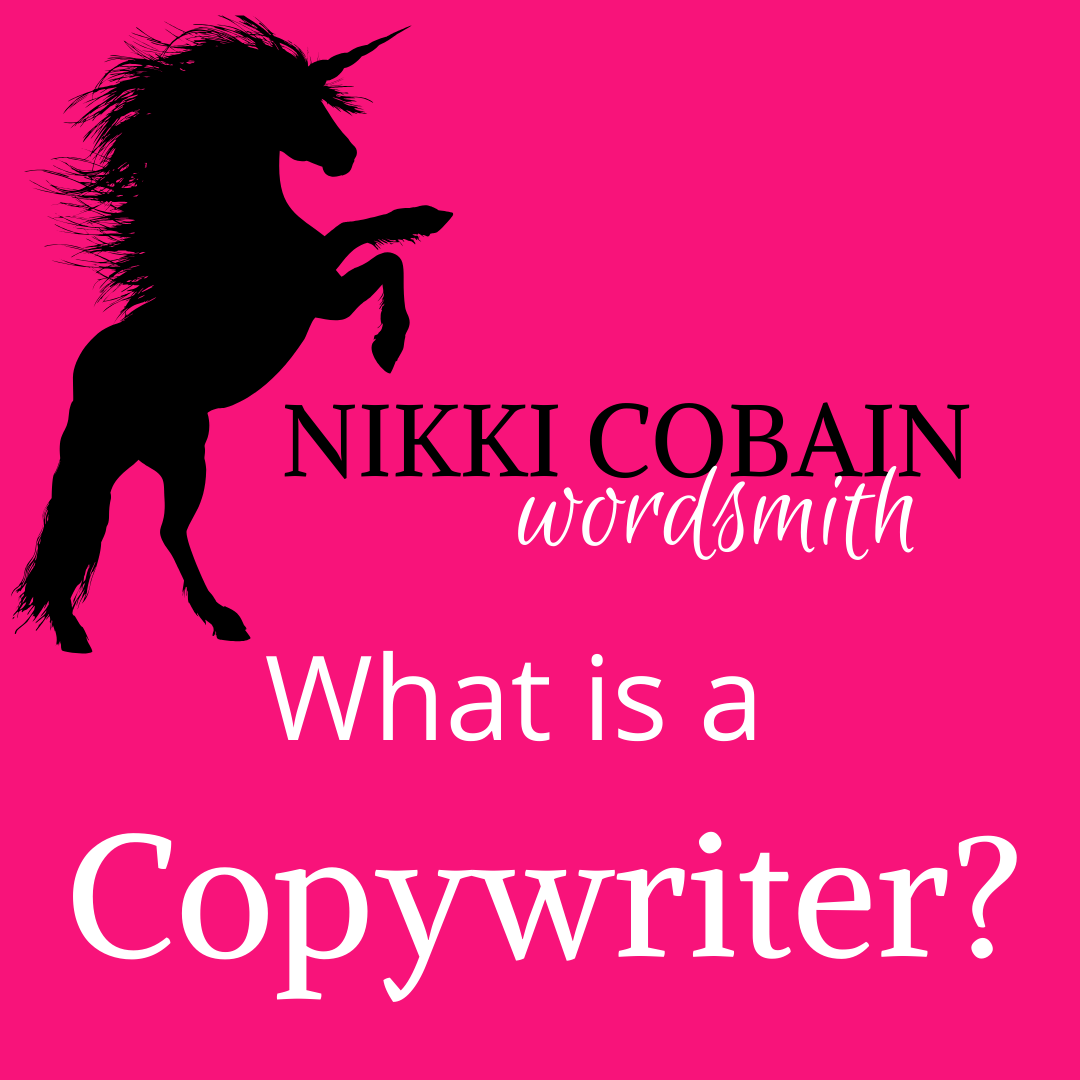Keywords and How to Use Them
Nikki Dale • 20 May 2020
How to Use Keywords in your Content - and no, it isn't stuffing them in everywhere
If you have read my other pieces about content creating for your website, you will know that I suggest you use keywords in order to make your content relevant for Google, so you can get more organic traffic.
But wait, what is a keyword and why does it matter?
What is a keyword?
Keywords are effectively the words that a searcher is typing into Google (other search engines are available).
If you sell yoga pants, your keywords will relate to that – I mean, you will want to be seen by people who are searching for that online.
Different types of keywords
There are a few types of keywords and it is important to understand the difference between them.
• Seed Keyword
This is the main search term, the root of the answer your customer is looking for. Yoga pants might be yours if you sell them.
Seed keywords often have a high search volume, but that means that there is tough competition to rank for them (and be seen by your potential customers). Your content around ‘yoga pants’ will be less likely to be seen alongside major large companies like Lululemon.
Seed keywords can also be vague – yoga pants might mean leggings, or it might mean underwear.
• Long-tail Keyword
Long tail keywords allow you to provide results for your customers around more specific search terms.
You might want to create content around the long tail phrase ‘yoga pants for hatha yoga’ or ‘non slip yoga pants’ – a clearly defined search term with much less competition in terms of other retailers.
• LSI Keywords
Latent Semantic Indexing (LSI) is the phrase used to describe keywords that are basically ‘word association’ – when Google offers autocomplete answers as you type into the search engine, this is an example of LSI.
Google uses trusted sites to improve the LSI offering as a search index, so utilising LSI keywords can make Google take your site more seriously.
Why Keywords are important
If you want to create content that not only brings organic traffic to your website, but also informs your audience, you need to know what they are looking for.
As your potential customer is entering a search term (or terms) into their browser, they are looking for an answer of some kind – whether it is ‘where to buy yoga pants’ or ‘what yoga pants are best for hatha yoga’ – and you want them to get their answer from your page.
By using keywords in your content, you are telling both Google and your audience what this particular page, and the content within, is about – so they can come to you for the answer.
Make sure that you use one main keyword (plus the relevant related keywords) per article/blog/page – so you aren’t competing with your own content in Google!
Keyword Research
If you don’t do the research on what keywords to use in your content, you are basically firing in the dark and hoping something sticks.
To make the best use of your keywords, you need to know what your audience is already looking for in relation to your niche – there is no point using the wrong ones! If you are creating content for customers who want to buy your yoga pants, how is content using keywords relating to construction going to help?
It’s an extreme example, but you do need to do keyword research. There are many online tools that can help, from SEMrush to Google AdWords – just be sure that you use them. If you need more on Keyword Research, then the SEO genius of The Evergreen Agency can help with this article.
What is Keyword Stuffing?
Keyword stuffing is defined as loading a webpage with keywords specifically to manipulate search results.
Before Google algorithms became more sophisticated, unscrupulous SEO types would ‘stuff’ a webpage with keywords.
These would be out of place, in a random list or group – basically there to ‘trick’ Google into ranking that page.
These ‘black hat’ operations would even include the addition of keywords in text coloured to match the background – hidden from the reader, but visible to Google.
Now, Google will not allow sites which keyword stuff in this obvious way to rank in search results – in some cases, webpages have been removed completely for trying to beat the algorithm.
Google wants to see good, relevant content that can be used and is useful to the reader.
Keyword-stuffed content is uncomfortable to read. It is out of context, repetitive and does not provide useful information – or really any information at all – and therefore represents a terrible user experience. Everything that you don’t want for your content – not if it is going to be great content that informs and educates your audience, positioning you as an expert.
Google provides a great example of what NOT to do:
“We sell custom cigar humidors. Our custom cigar humidors are handmade. If you’re thinking of buying a custom cigar humidor, please contact our custom cigar humidor specialists at custom.cigar.humidors@example.com”
You can see, as a casual reader, that this is cluttered, unhelpful and unnatural – in fact, this is utterly repellent to users and will make them bounce off your page faster than you can blink – not the response you want.
Where You Should be Using Keywords
Think of keywords like a seasoning to your content.
There are certain places that keyword usage – whether long-tail, LSI or seed – will make it easier for Google to show your page in search results, but also for your audience to choose you as the answer to their query.
1. Page Title
The page title optimisation should be a relatively simple bit of technical SEO – and using relevant keywords will help.
Your page title is the first line that comes up on a SERP (Search Engine Results Page) so it needs to be relevant to both the content on the page and the query the user has input.
Make sure your title is relevant, uses a keyword phrase, and then any reader will know what your page is about.
“Yoga Pants in Oxfordshire by Oxford Yoga Pants” is an excellent page title.
2. Meta Descriptions
While not a direct ranking factor for Google, a good meta description will help your audience to know how relevant your information is.
Use the meta description to include LSI and long-tail keywords specific to that piece of content – because the meta description is the second part of the displayed result on the SERP and will help users to decide if your page is worth a click.
“Oxford Yoga Pants review the best Yoga Pants for Hatha Yoga” is a good, albeit short, meta description.
3. Subheadings
If you do not include multiple subheadings in your content, you are making it less accessible to your audience.
Subheadings not only offer you the chance to offer more information, they also provide your reader with somewhere to pause – making your content scannable. When it comes to lengthier pieces where you might provide many different pieces of information (like this one, for example) subheadings make it easier for your reader to find the part that is most relevant for them.
You can use LSI or long-tail keywords as part of your subheadings – in your piece about Yoga Pants, you might want a subheadings like “what is Hatha Yoga?”, “what makes good hatha yoga pants?” or “does pattern matter when choosing yoga pants for hatha yoga?”.
4. Content
It took me a while to get here, but of course the actual content itself is a great place to sprinkle on some keywords.
Use your main keyword phrase in the opening couple of lines and at least in the first paragraph if you can.
This means that you need to make sure that the content is readable first, before worrying about keywords.
Utilise the keyword variants that you have identified from robust keyword research so that you are not repeating the same phrase over and over again. Google does not like that – and your reader will pick up on it.
5. Images
Images are content too – they can be and are indexed by Google, so using keywords around images is good practice. You can include keywords in the image title and in the alt text – images can help your article to be more accessible and more interesting to read.
6. URL
Your URL’s should never be an incomprehensible string of letters and numbers. Make sure your URL is relevant to your page and add the keywords – most sites use the page title as the URL, and this is perfectly fine.
7. Social Media
As sharing on social media becomes more prevalent, it is worth noting that Google now indexes Twitter to produce search results – so investigate keywords and hashtags for your social media platforms.
Hashtags on sites like Twitter, Instagram and more recently Facebook, allow users to search and categorise results.
Sharing your content on social media using relevant hashtags can help you to be found by a whole new audience - #hathayogapants
8. Directories
External listings and directories are another place to be aware of keywords – searchers utilise directories too!
9. Links
Anchor text for links are a keyword hotspot that can make a real difference. Whether you are sharing internal links to your own content – like I do when I am talking about the benefit of great content
– or links to further reading and resources, like this one which will take you to my favourite Chinese Takeaway
– make sure the anchor text is relevant.
Repetition of anchor text can have a negative impact on your rankings – much the same as keyword stuffing.
More Information
Keywords are an important part of your content strategy – and they need to be used well. When you have completed your keyword research you will have a list of relevant keywords to choose for your content.
There is no ‘magic number’ of keywords and/or repetitions that should be used to make the most of the algorithm.
Instead, make your content for your audience, with keywords in mind. Understand what your audience are asking and offer them the opportunity to get that information from you – through educational, well-written, and accurate content.
If you are reading this and you are thinking that it sounds like a lot more work than you have the capacity for, good news! As a seasoned content creator, I can craft well-thought out, informative content pieces that make the most of your keywords.
If you would like to discuss how I can help you discover and use keywords in your content, then get in contact with me today.

